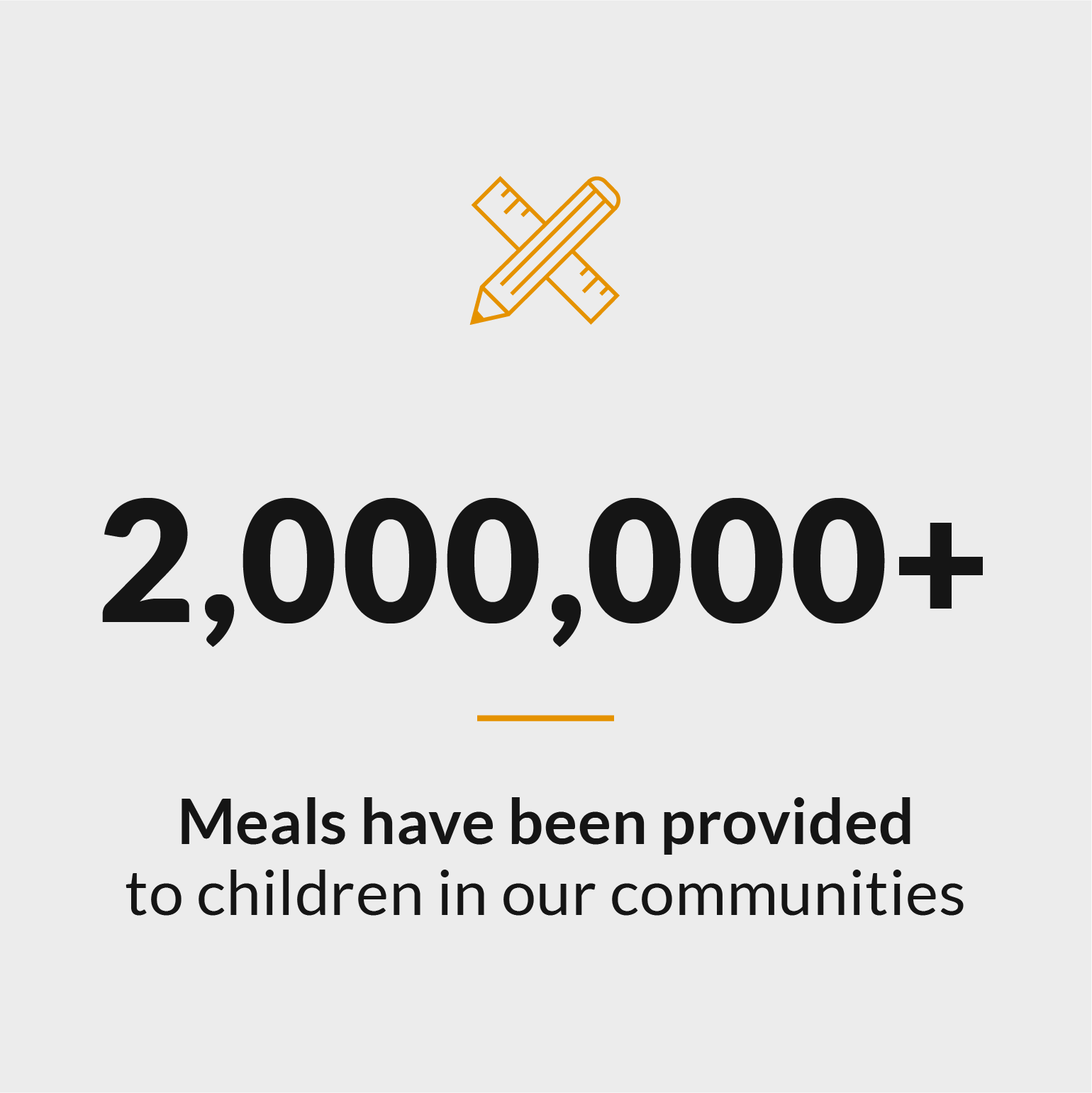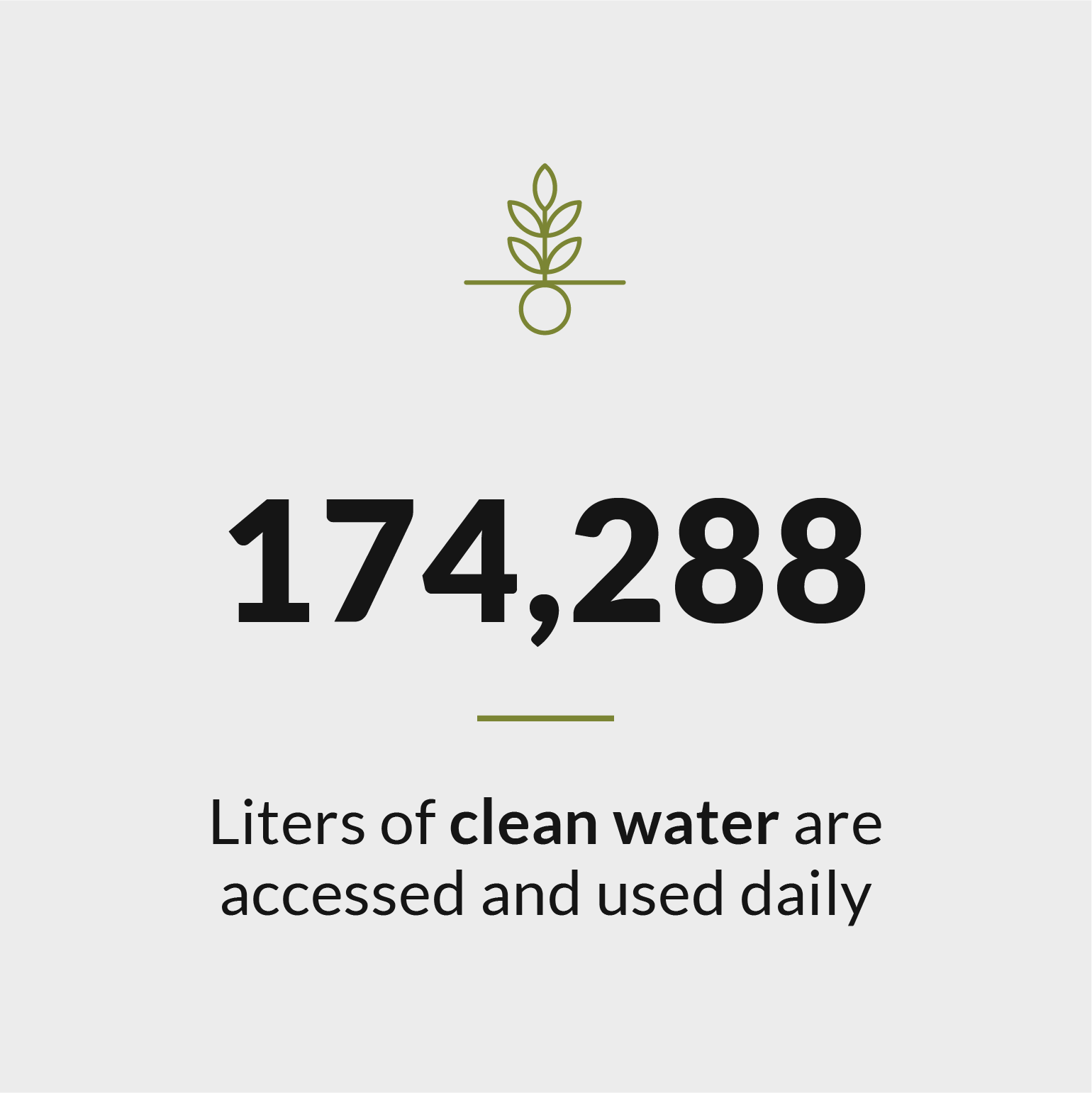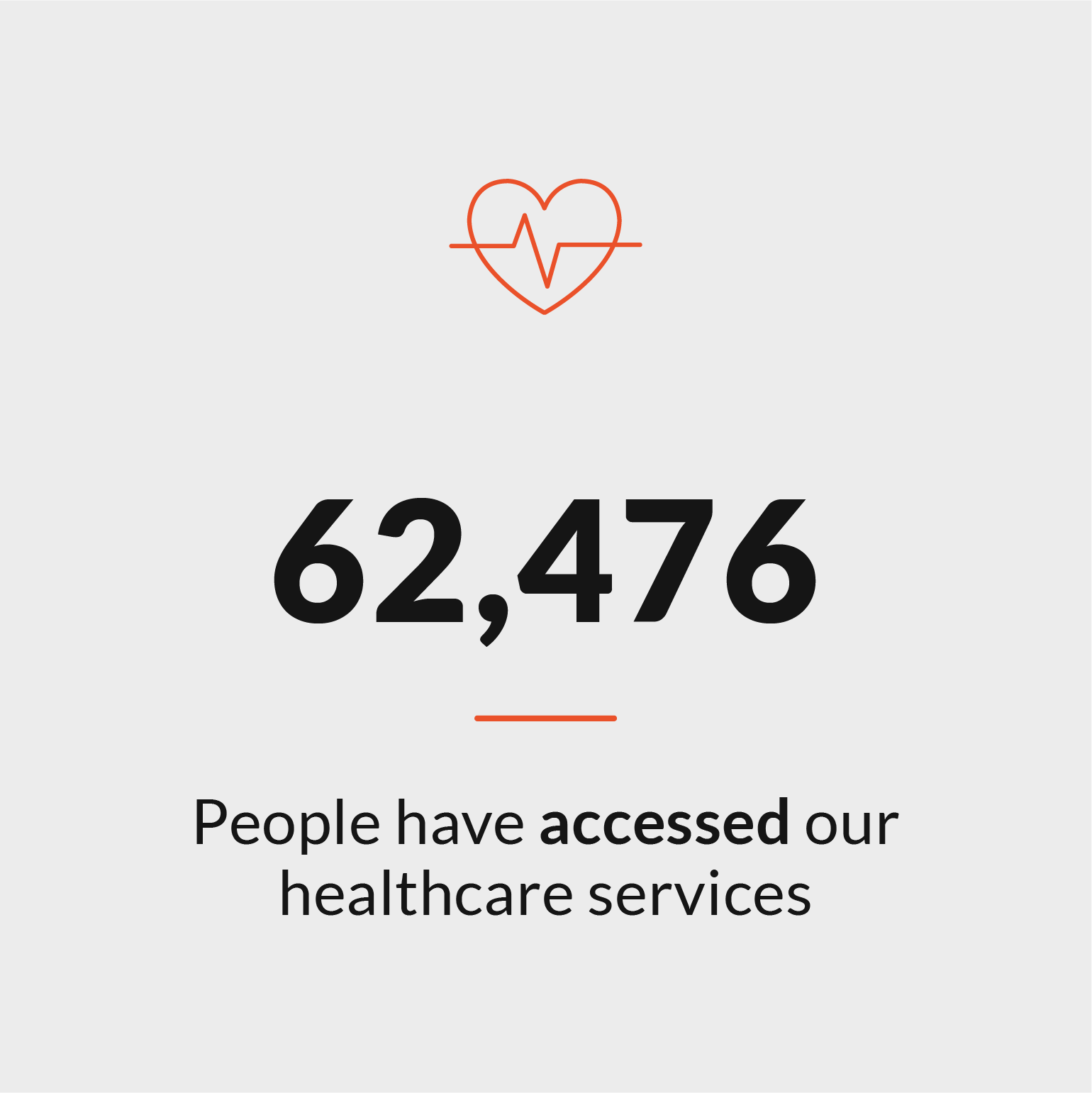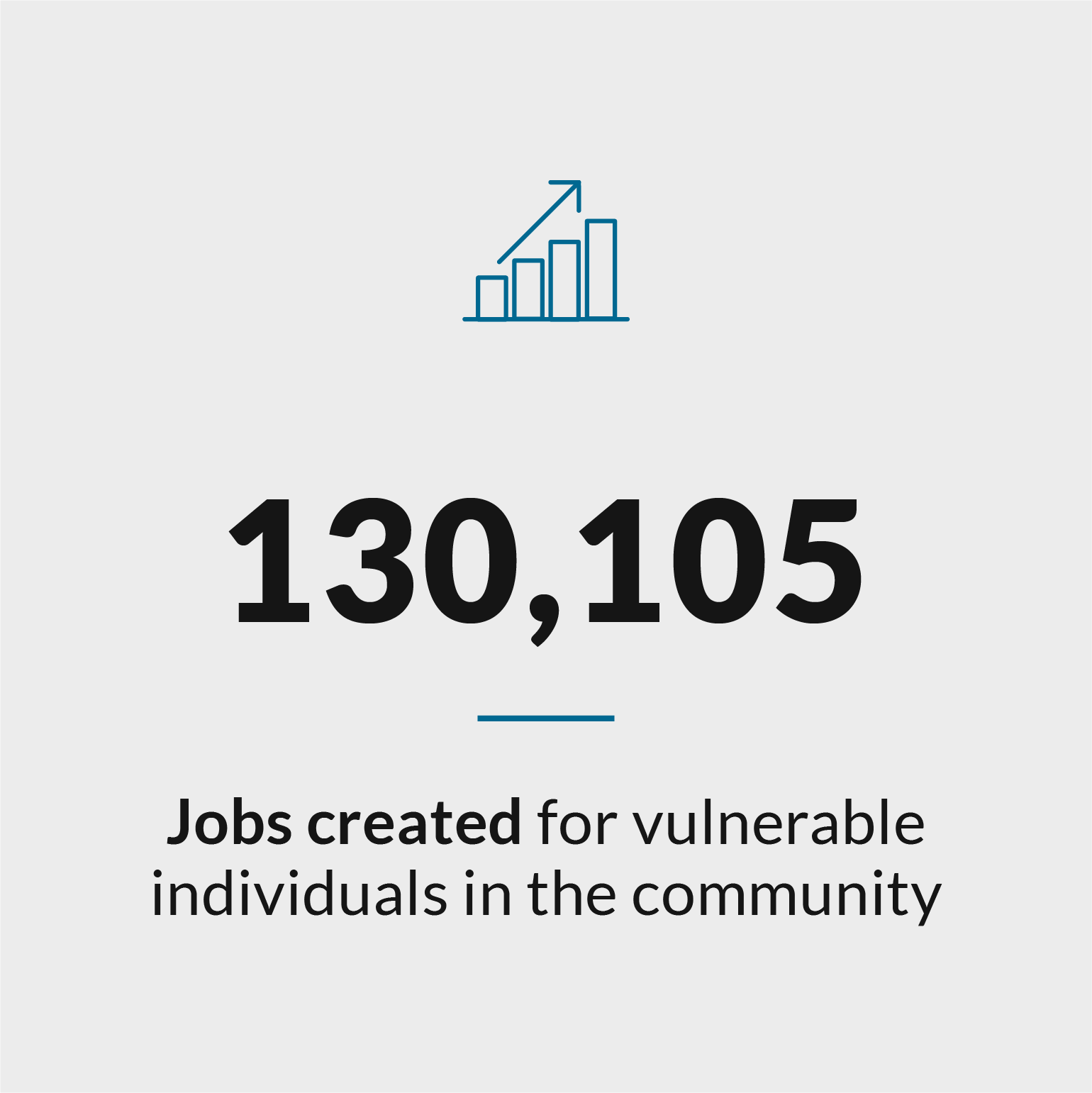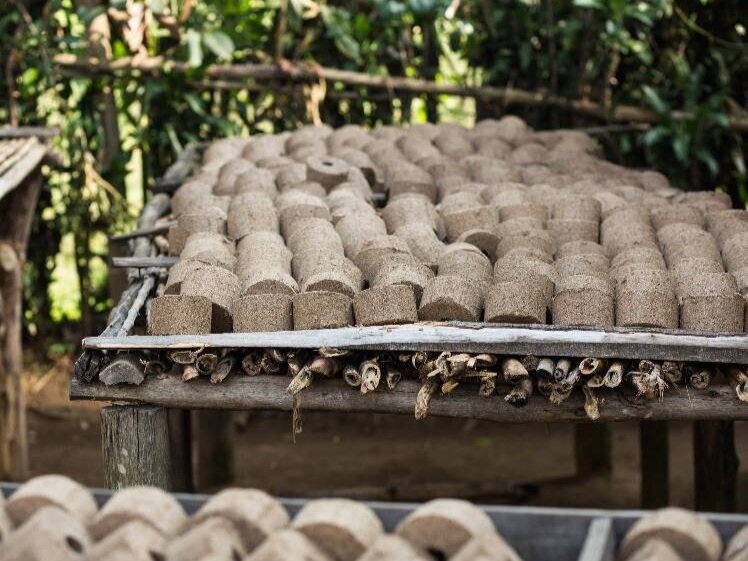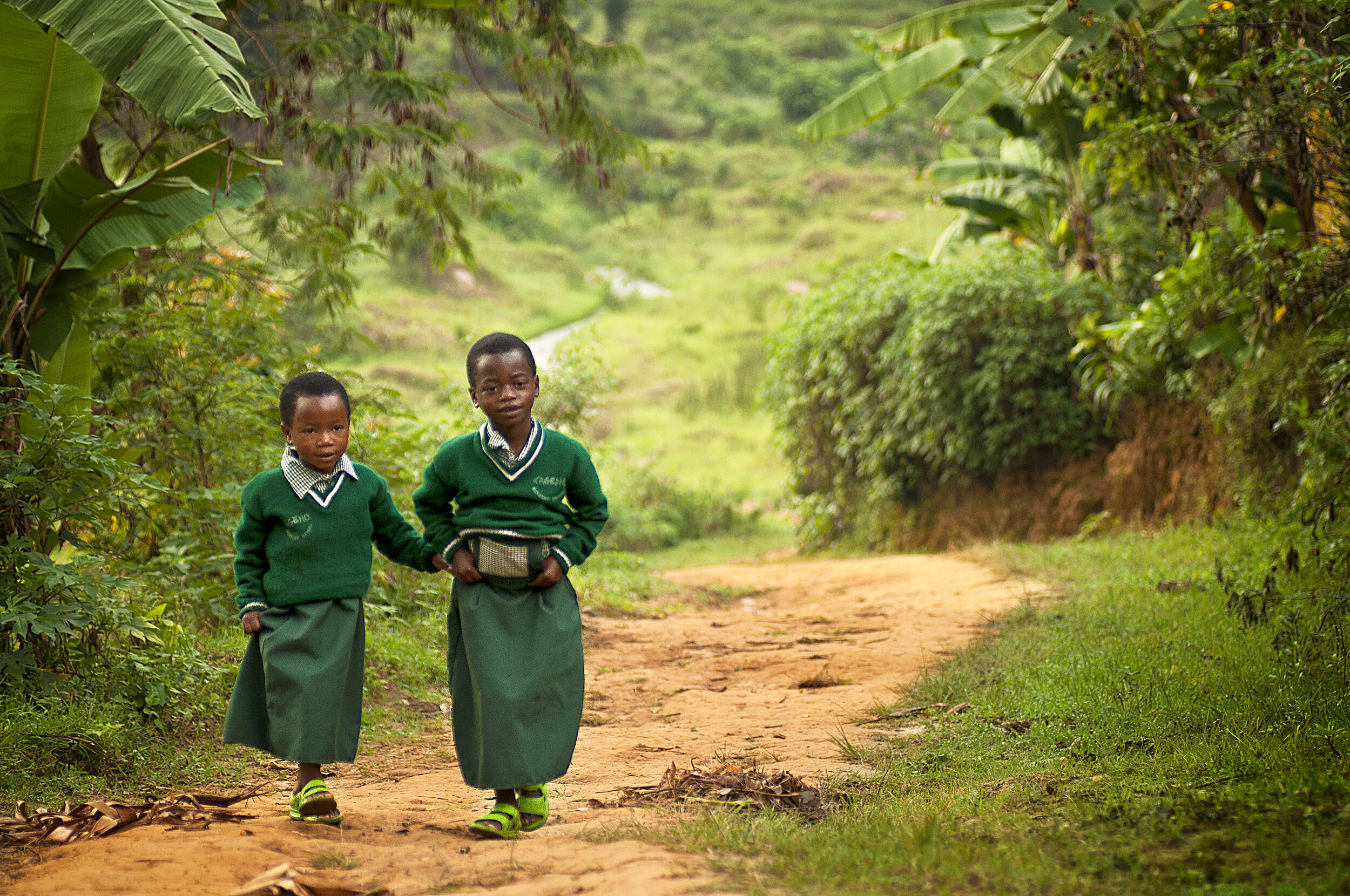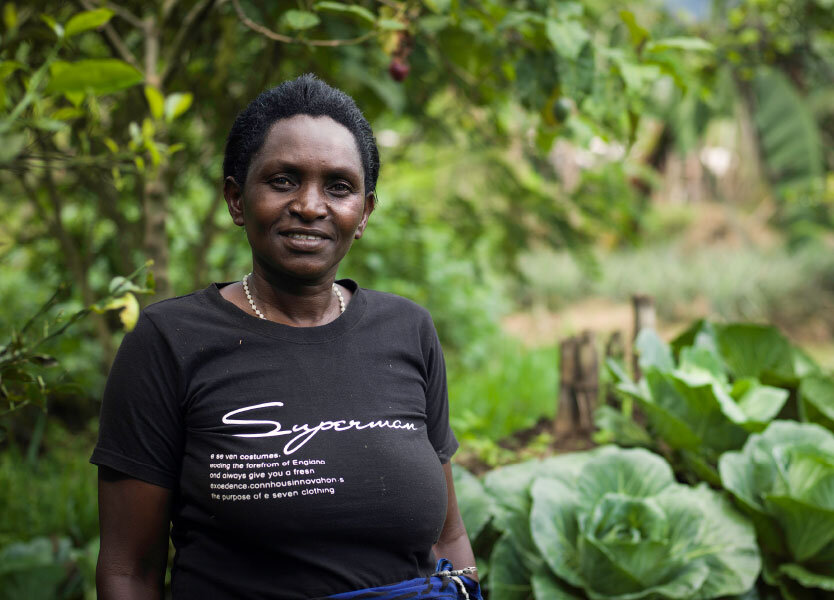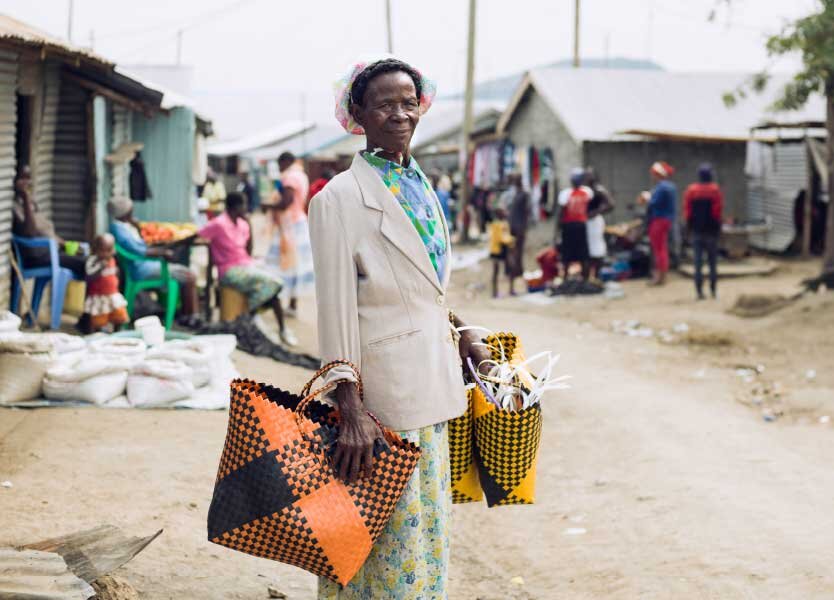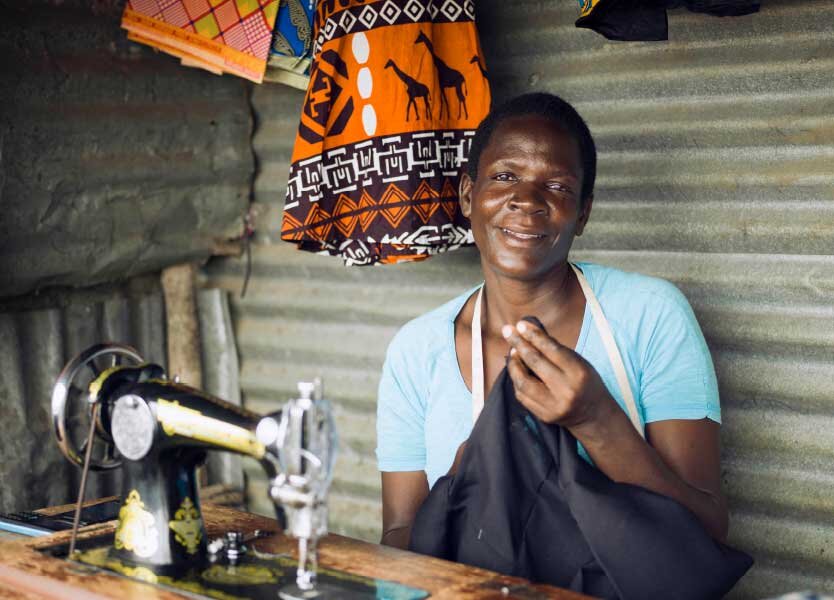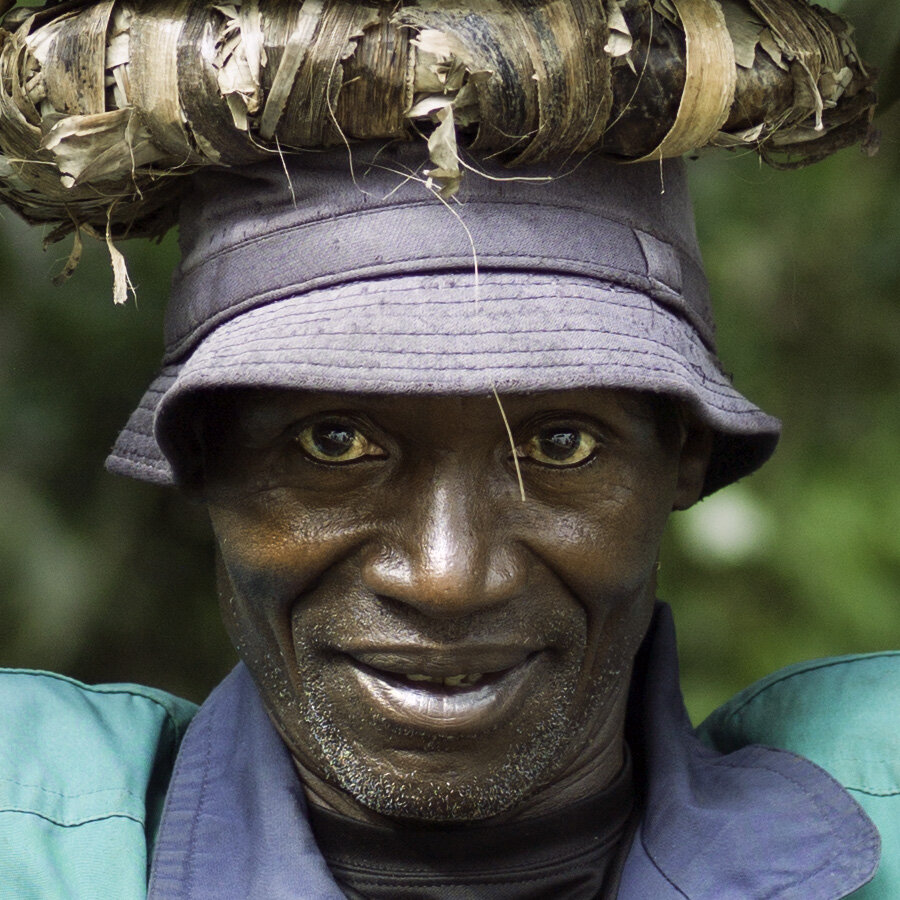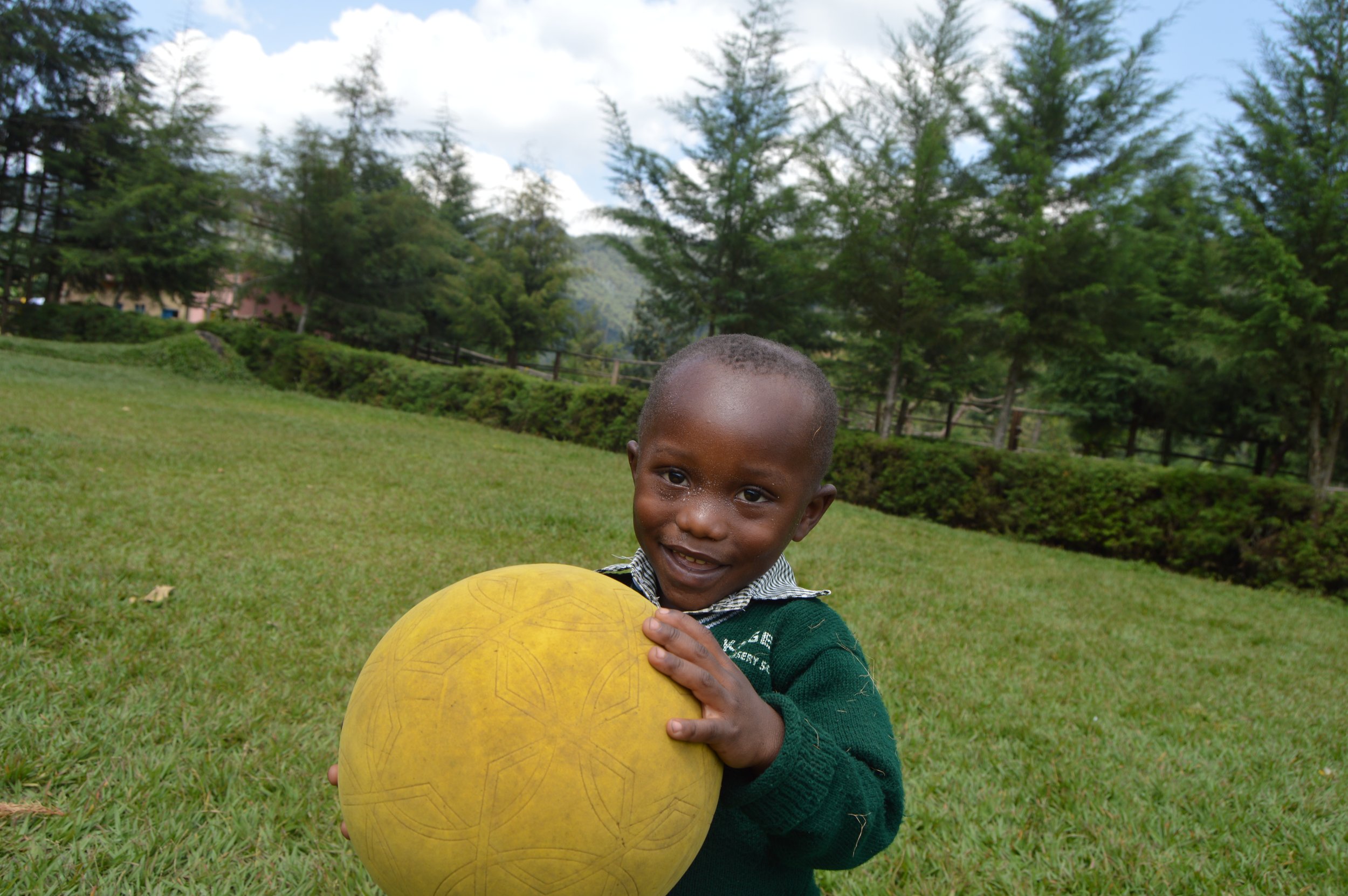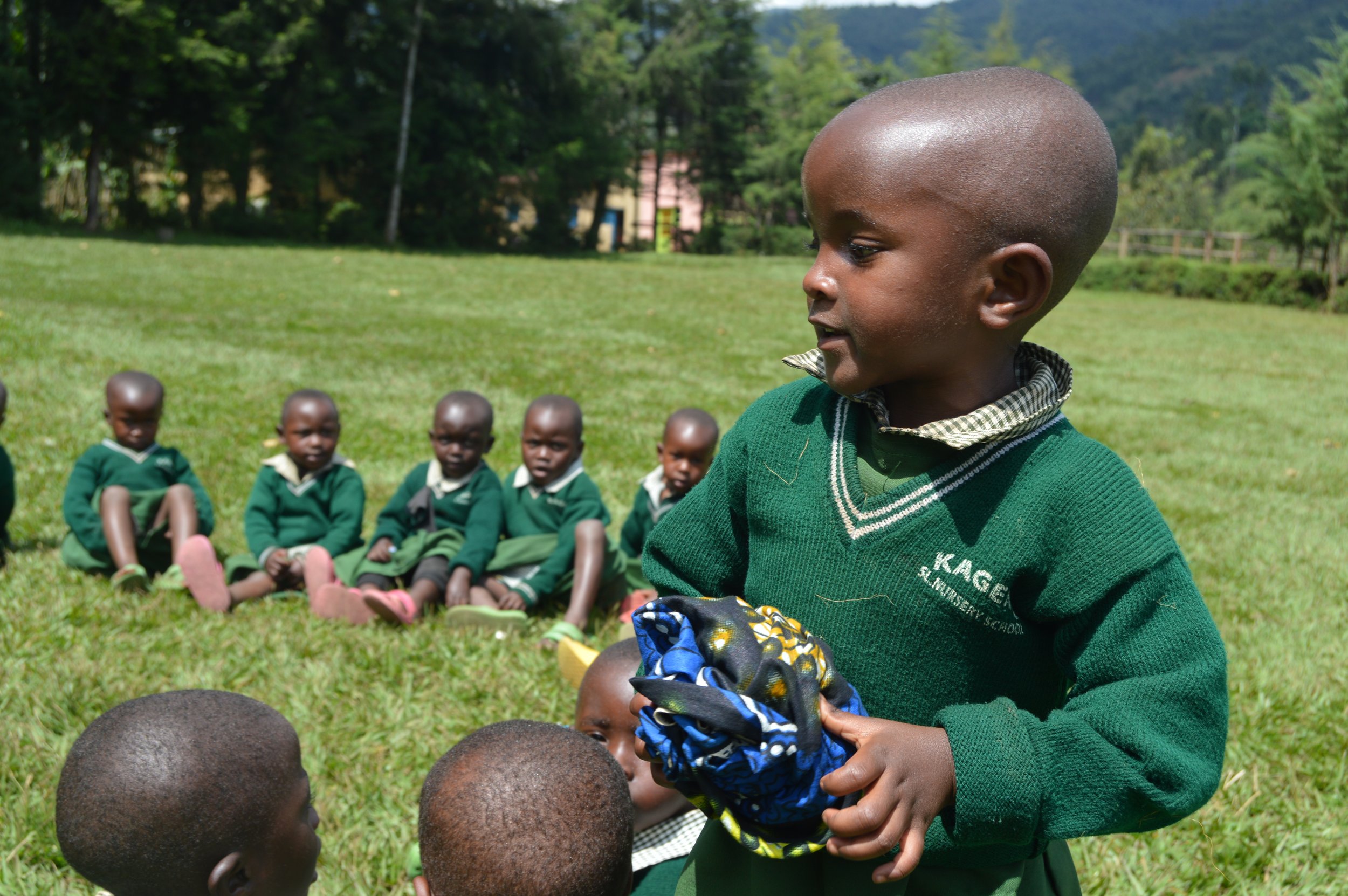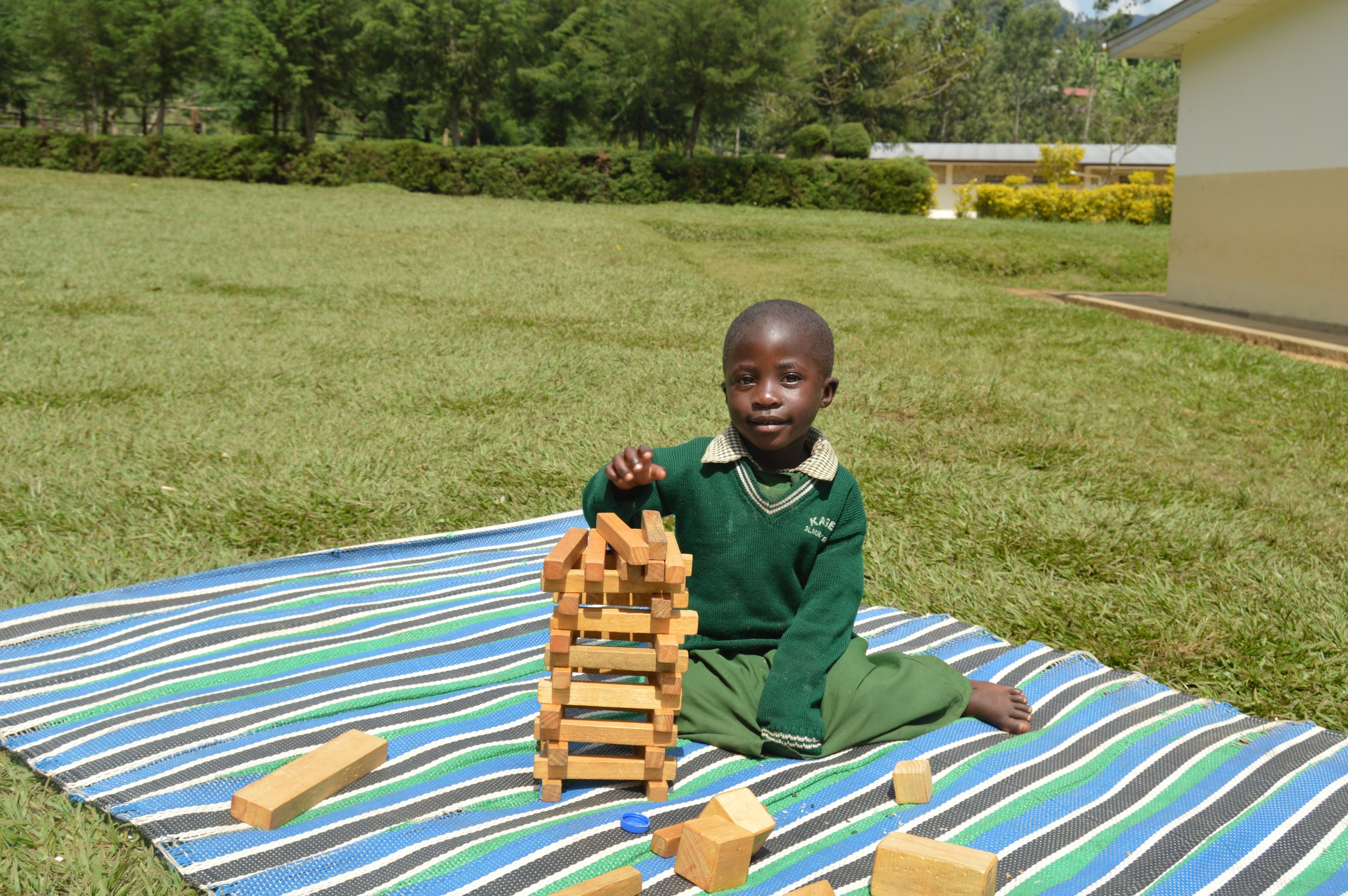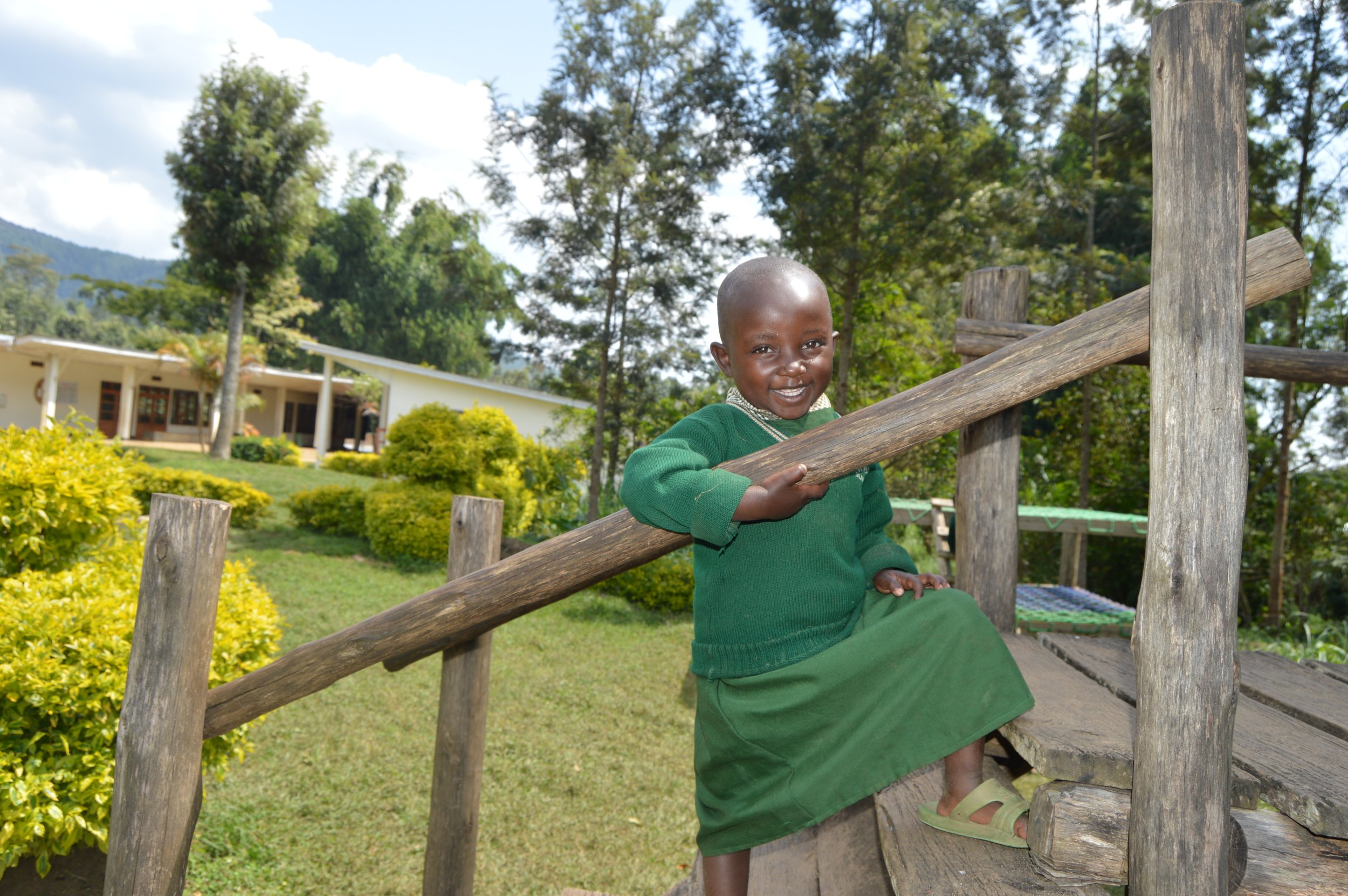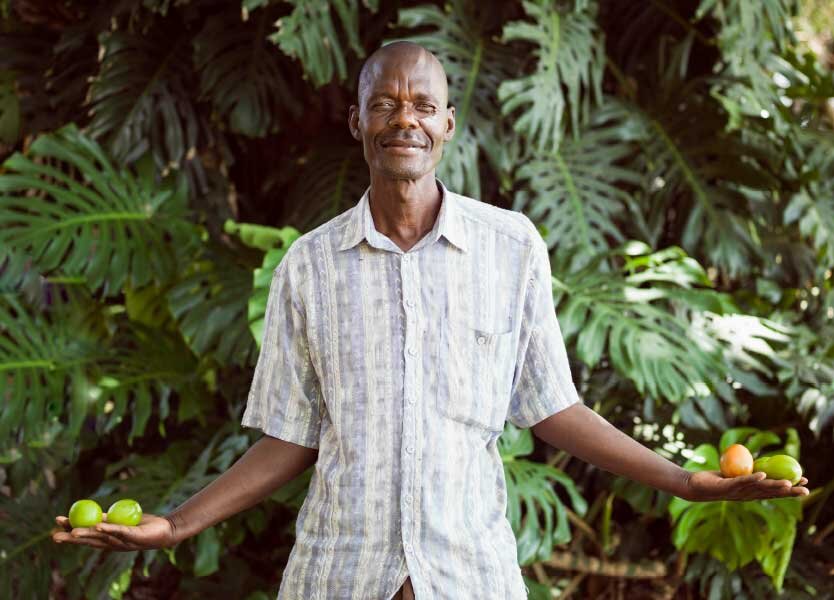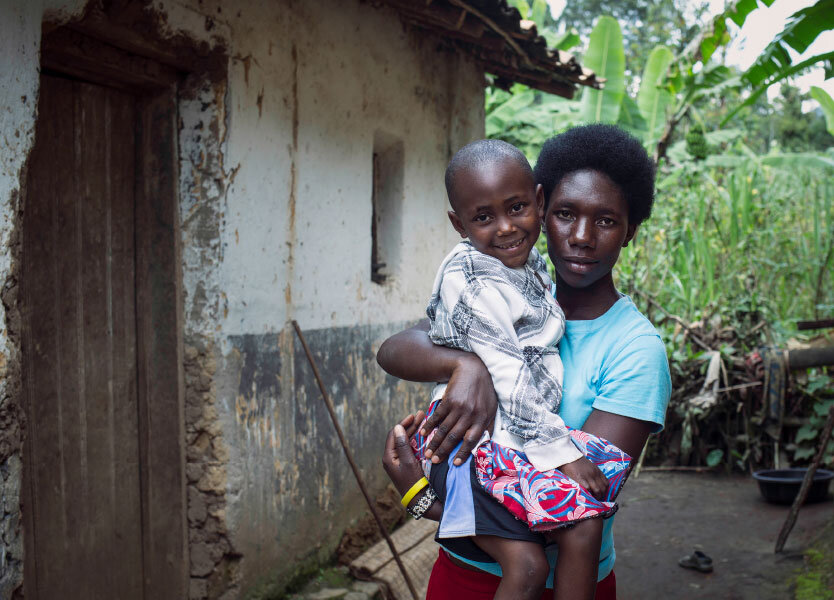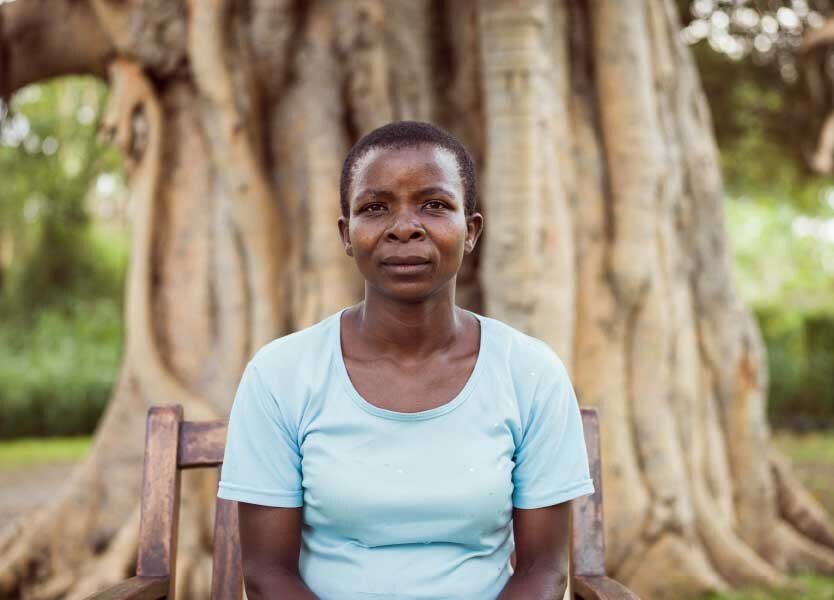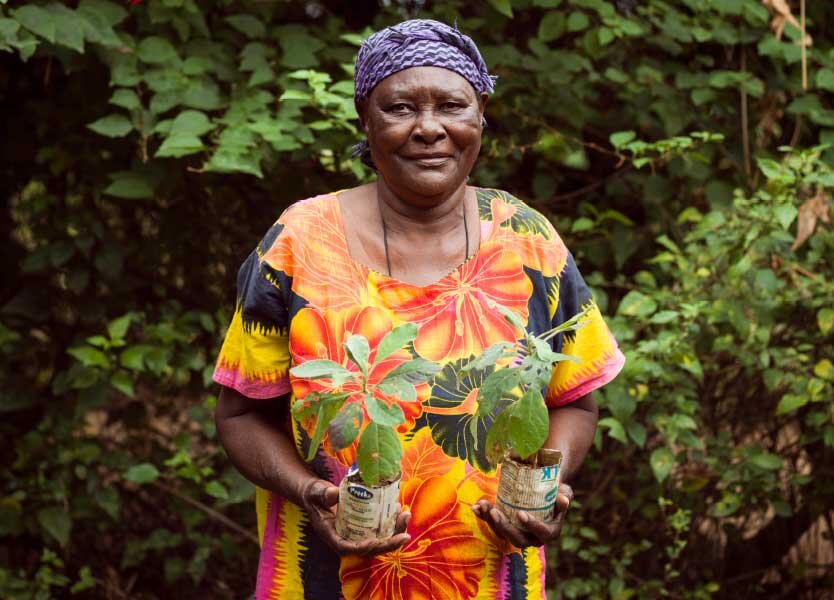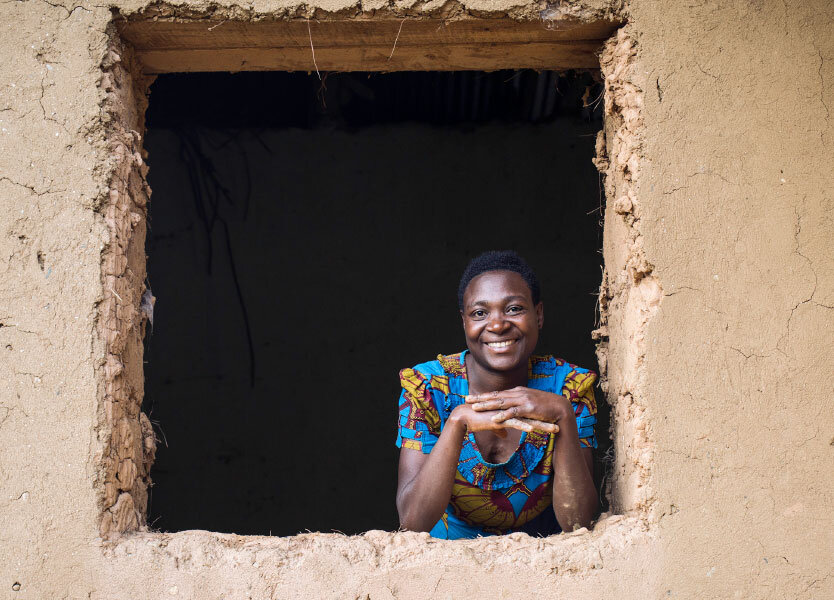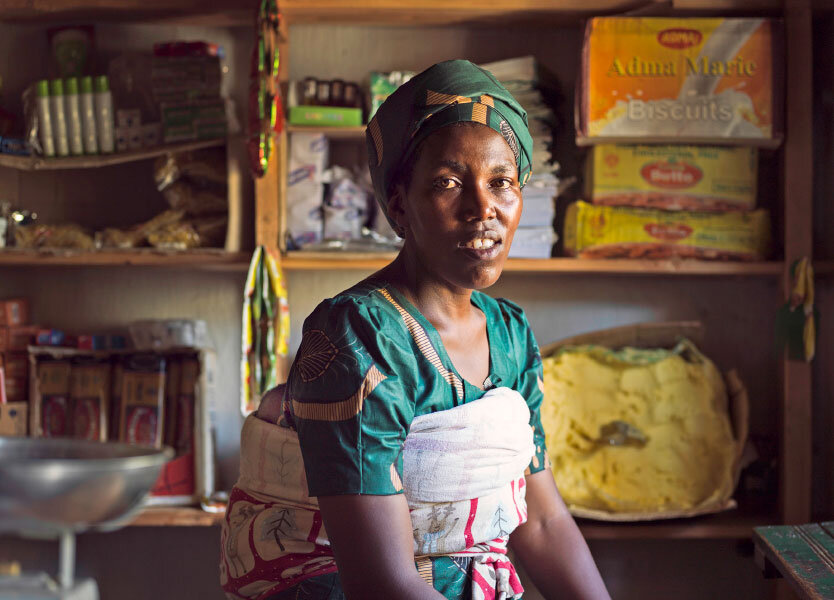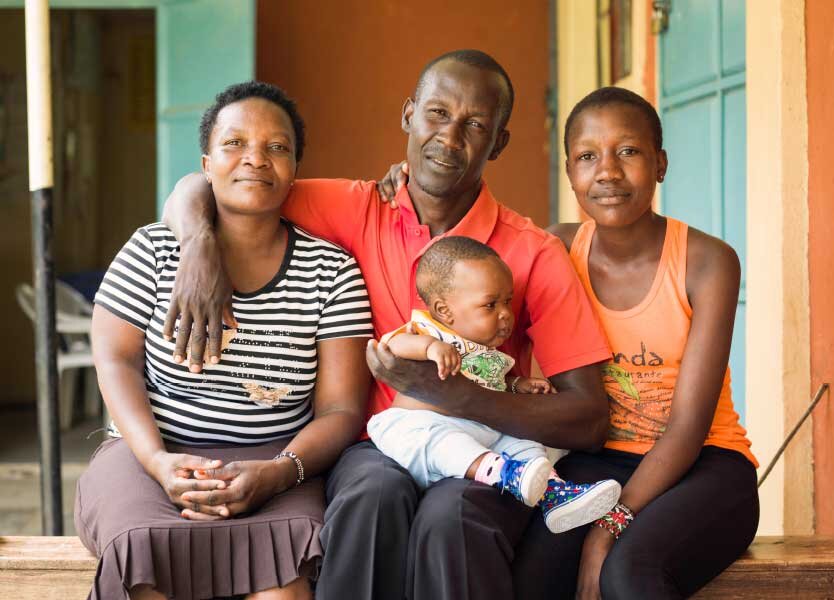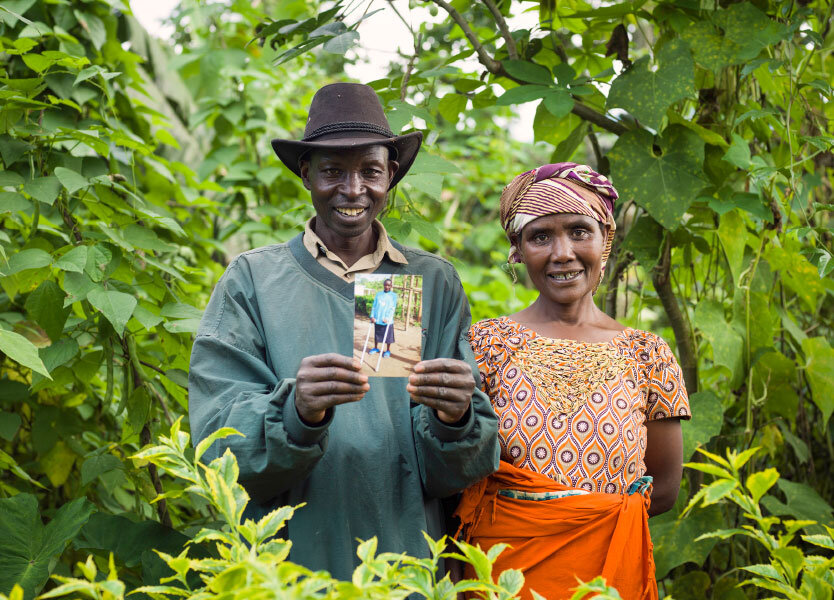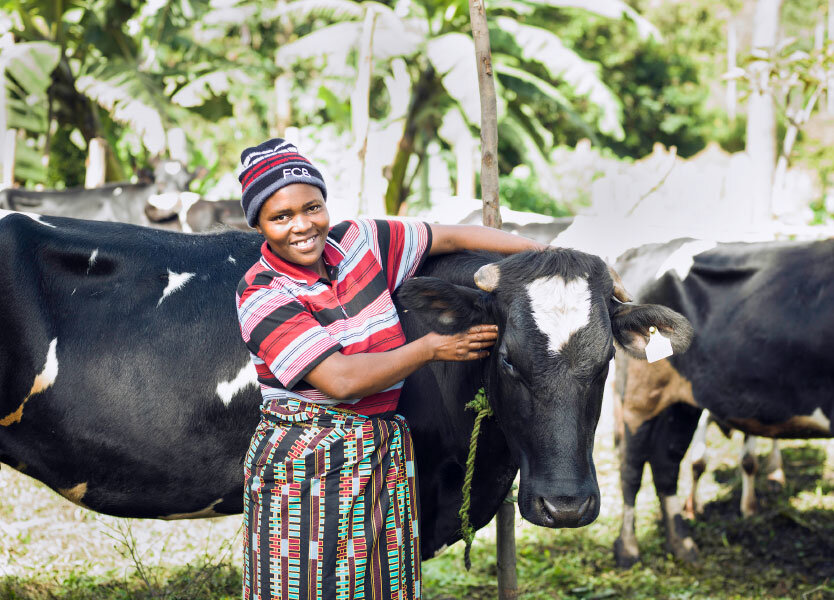welcome to kageno
murakaza neza
who we are
Kageno means A Place of Hope, in Luo, a Kenyan dialect. We founded Kageno on this guiding principle. Our mission is to transform impoverished communities into places of hope and opportunity. Since 2003, we’ve impacted thousands of lives by breaking cycles of poverty, allowing healthier, more sustainable communities to emerge.
Our three Kageno programs operating in Africa address the diversified needs of each community. Kageno is a big picture non-profit, with boots on the ground able to provide the infrastructure, resources, and knowledge needed to develop education initiatives, stronger infrastructures for community health, diversified economies, and a healthier environment.
We’ve impacted thousands of people, and with your support, we can continue to do so.
our impact at a glance
what we do
our 360°approach
The Kageno Model
OUR MISSION
Is to transform Impoverished communities into places of hope and opportunity.
rooted in partnership
Our model is rooted in partnership. We provide the infrastructure, resources, and experts needed for each village to develop healthcare, education, conservation, and income generating businesses. These program areas support families through their entire life. Villagers are an integral part of our model, their participation and employment in our programs directly impacts the revitalization of their communities.
our four program areas
WHERE WE WORK
kenya & rwanda
who we help
In 2003, we went to Rusinga Island, Kenya. At the time, the community had no access to modern healthcare, treatments, or vaccines. What we witnessed in medical needs just scratched the surface. Our grassroots organization was born out of wanting to help this village. We defined our model and proved our methodologies on Rusinga Island. The success of our first project allowed us to replicate our efforts with the launch of Kageno Mfangano in Kenya and Banda Village in Rwanda. All of these communities have suffered from the crippling effects of disease, malnutrition, extreme poverty, lack of education, lack of access to clean water, and all had rapidly deteriorating ecosystems.
With your help, we can continue to affect positive change in these communities.
hear from the people we are helping
support kageno worldwide
GIVE TO KAGENO
We appreciate your support!




